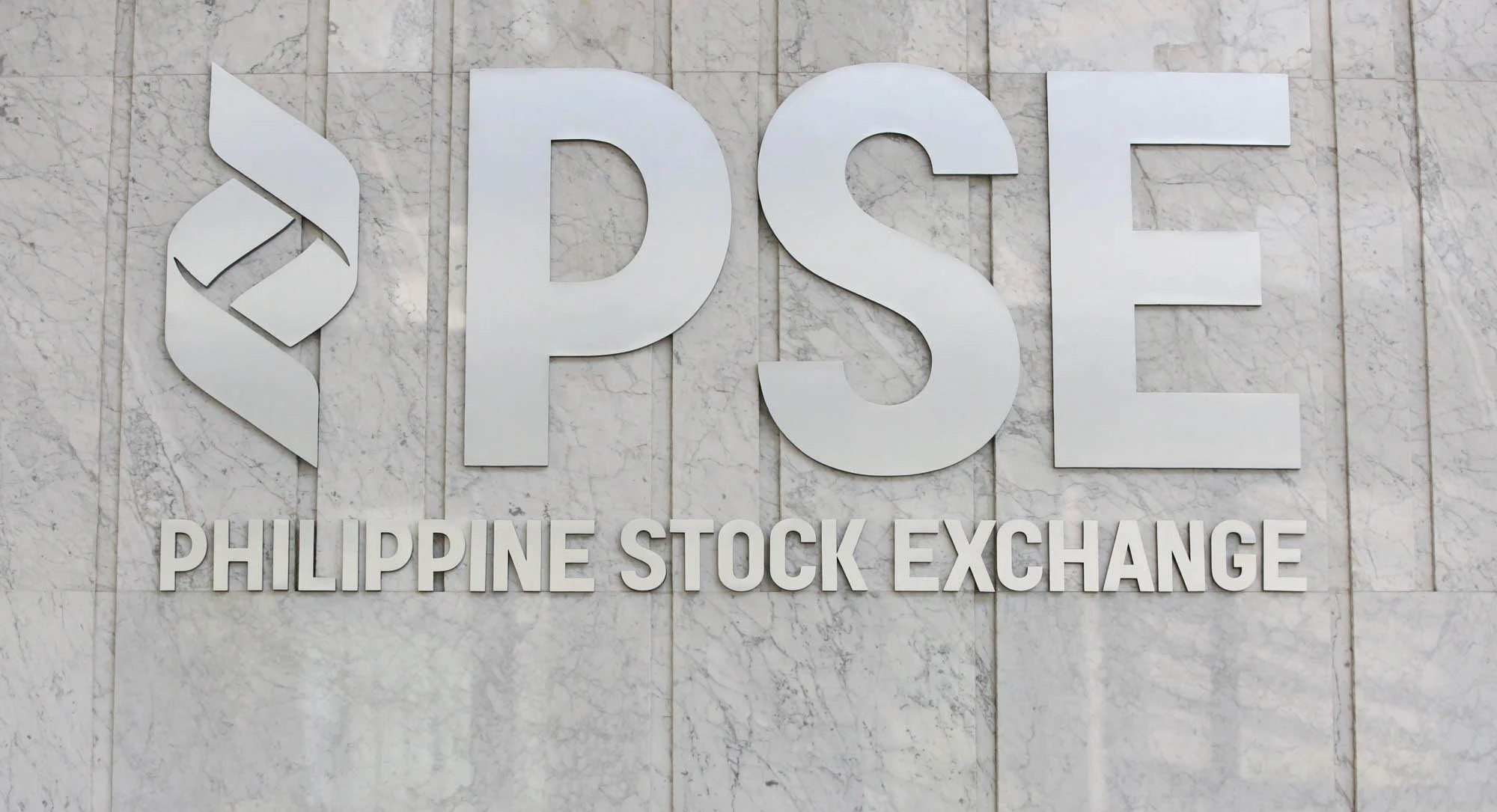
(UPDATE) TAIPEI – Taiwan's new leader Lai Ching-te on Monday vowed to defend the East Asian island's democracy as he called on China to end its military intimidation of Taipei.
In his inauguration speech, Lai also directly addressed the threat of war following years of growing pressure from China to bring Taiwan under mainland rule.
Lai said a "glorious era of Taiwan's democracy has arrived" and thanked citizens for "refusing to be swayed by external forces, for resolutely defending democracy."
"In face of the many threats and attempts of infiltration from China, we must demonstrate our resolution to defend our nation, and we must also raise our defense awareness and strengthen our legal framework for national security," said Lai, 64.
China has described Lai as a "dangerous separatist" for his past comments on Taiwan's independence — rhetoric that he has moderated in recent years.
On Monday, he said his government would "neither yield nor provoke, and [will] maintain the status quo" — a balance that preserves Taiwan's sovereignty while not declaring formal independence.
"I also want to call on China to cease their political and military intimidation against Taiwan," Lai said.
He urged Beijing to "share with Taiwan the global responsibility of maintaining peace and stability in the Taiwan Strait... and ensure the world is free from the fear of war."
Lai has made repeated overtures to resume high-level communications with China, which Beijing severed in 2016 when his predecessor Tsai Ing-wen took power.
On Monday, Lai said he hoped China would "choose dialogue over confrontation." But experts have said his overtures are likely to be rebuffed.
US support
Taiwan has been self-governed since 1949, when nationalists fled to the island following their defeat by communist forces in a civil war on mainland China.
For more than 70 years, China has considered Taiwan part of its territory and has long threatened to use force to bring the island under its control.
The United States switched diplomatic recognition from Taiwan to China in 1979 but remains the island's most important partner and biggest arms supplier.
Lai is expected to further boost defense ties with Washington during his four-year term.
US Secretary of State Antony Blinken on Monday congratulated Lai, saying he was looking forward to Washington and Taipei deepening ties and maintaining "peace and stability across the Taiwan Strait."
As Lai took office, Chinese state media reported that Beijing imposed sanctions on three US defense companies over their sales of weapons to Taipei.
Chinese social media Weibo also blocked hashtags referencing the inauguration, preventing them from trending on the platform used by hundreds of millions in China.
Ahead of the inauguration, Beijing's Taiwan Affairs Office said, "Taiwan independence and peace in the strait is like water and fire."
Chinese warplanes and naval vessels maintain a near-daily presence around the island, but in the days leading up to the inauguration, there has not been a significant uptick in the numbers.
Lai and his deputy Hsiao Bi-khim — Taiwan's former top envoy to Washington — are both part of the Democratic Progressive Party (DPP), which has championed Taiwan's sovereignty.
China has dubbed them an "independence duo."
'Expand investment'
With only 12 formal allies, Taipei lacks diplomatic recognition on the world stage.
Eight heads of state who recognize Taiwan attended Lai's inauguration ceremony.
More than 40 other countries, including the US, Japan and Canada, also sent delegations.
Taiwan has its own government, military and currency, and the majority of its 23-million-strong population see themselves as having a distinct Taiwanese identity, separate from the Chinese.
"I think it is better not to be too close to China or too far away from China — it is better to maintain a neutral feeling," said Shen Yujen, 24, who is partway through his four-month military service.
Domestically, Lai faces another challenge after his DPP lost its majority in the legislature in the January 13 elections, meaning it will be hard for him to push through his policies.
Many Taiwanese are less worried about the threat of conflict than they are about soaring housing prices, rising cost of living pressures and stagnating wages.
Lai vowed on Monday to "expand investment in society" and ensure that the island becomes a "force for global prosperity."
Read The Rest at :









